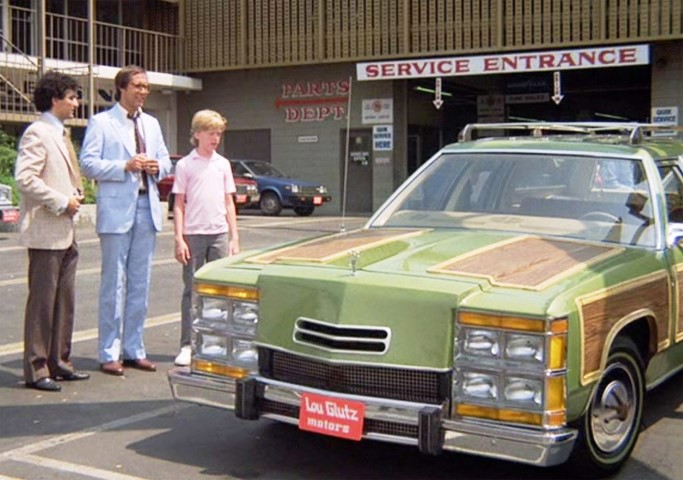 Each year, more than 40 million used vehicles are sold all over the country. Many people prefer to purchase a used car as opposed to a new one because of the cost-efficiency of it. If you’re looking to buy a new used car, there are quite a few options out there. From small cars to ginormous SUVs, you’ll have no trouble finding the exact one you want, either through a private seller or a dealer.
Each year, more than 40 million used vehicles are sold all over the country. Many people prefer to purchase a used car as opposed to a new one because of the cost-efficiency of it. If you’re looking to buy a new used car, there are quite a few options out there. From small cars to ginormous SUVs, you’ll have no trouble finding the exact one you want, either through a private seller or a dealer.
You just need to ensure that you do all of the right things after you buy a car. Here’s a quick look at a few of them.
Get It Registered
When you make your purchase through a dealer, they’ll usually make sure this is done before you leave the lot. Be prepared to fill out a lot of paperwork for this. If you purchase it from a private seller, you’ll need to do this yourself. Make sure that the seller signs the title over to you and then take it down to the DMV (DVLA in the UK). You’ll also need your ID, proof of address, and proof of insurance. You can opt for private number plates or just get the ones that are issued to you. Depending on the laws where you live, you might also need to bring along your checkbook to pay any associated sales taxes after you buy a car.
Read the Manual
If your used vehicle didn’t have the owner’s manual, you need to buy one. These are easy to find at parts stores or even eBay and Amazon. The thing is, you need to be acquainted with every aspect of your new vehicle. The easiest way to do this is by reading the owner’s manual.
Insurance
Car insurance is a requirement that you just can’t avoid these days. You should ideally have the insurance on it even before driving it to the vehicle registration office to register it and get the plates for it. While you might be tempted to rush through this aspect, since it isn’t exactly the most fun thing to do, it will behoove you to take your time and get exactly the right coverage you’ll need. Do your research so that you can get everything you need at a rate you can afford after you can buy a car.
Maintenance and Repairs
Before buying a car from either a private seller or a dealer, do a bit of research into recalls and maybe have your own mechanic check it out. The very last thing you ever want to do is to purchase a vehicle that needs a massive amount of maintenance or repairs done. That said, it’s not unheard of for people to need to do a few repairs or routine maintenance to used vehicles before driving them on a regular basis. It may need new tires or an oil change. If you know that you’ll have specific needs for it, like all-season tires, go ahead and get that taken care of. Remember that the better you take care of it, the longer it’ll last. Regular maintenance needs to be your top priority from day 1.
Drive It
Finally, take it out for a long drive. You should have driven it before buying it, but a test drive and a long, getting to know the feel of it drive are two different things. Another reason to do this is so that you can get a feel for what it can actually do – and anything it can’t do. There’s so much to be learned about your new used car and how it handles on the road. A weekend road trip is highly recommended to accomplish this.










